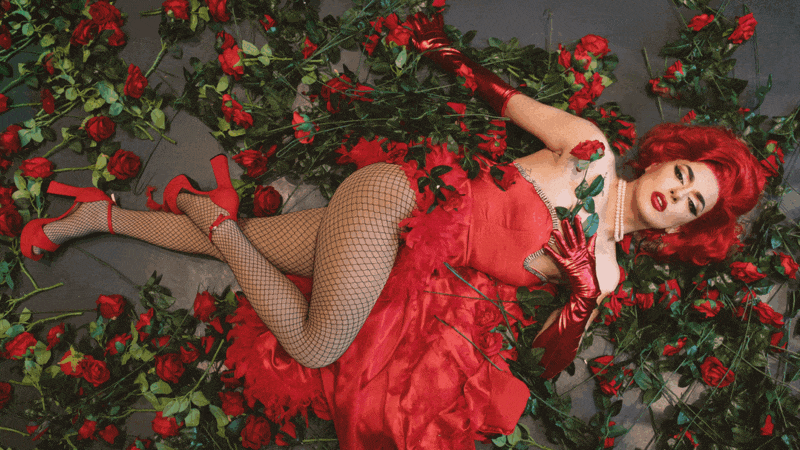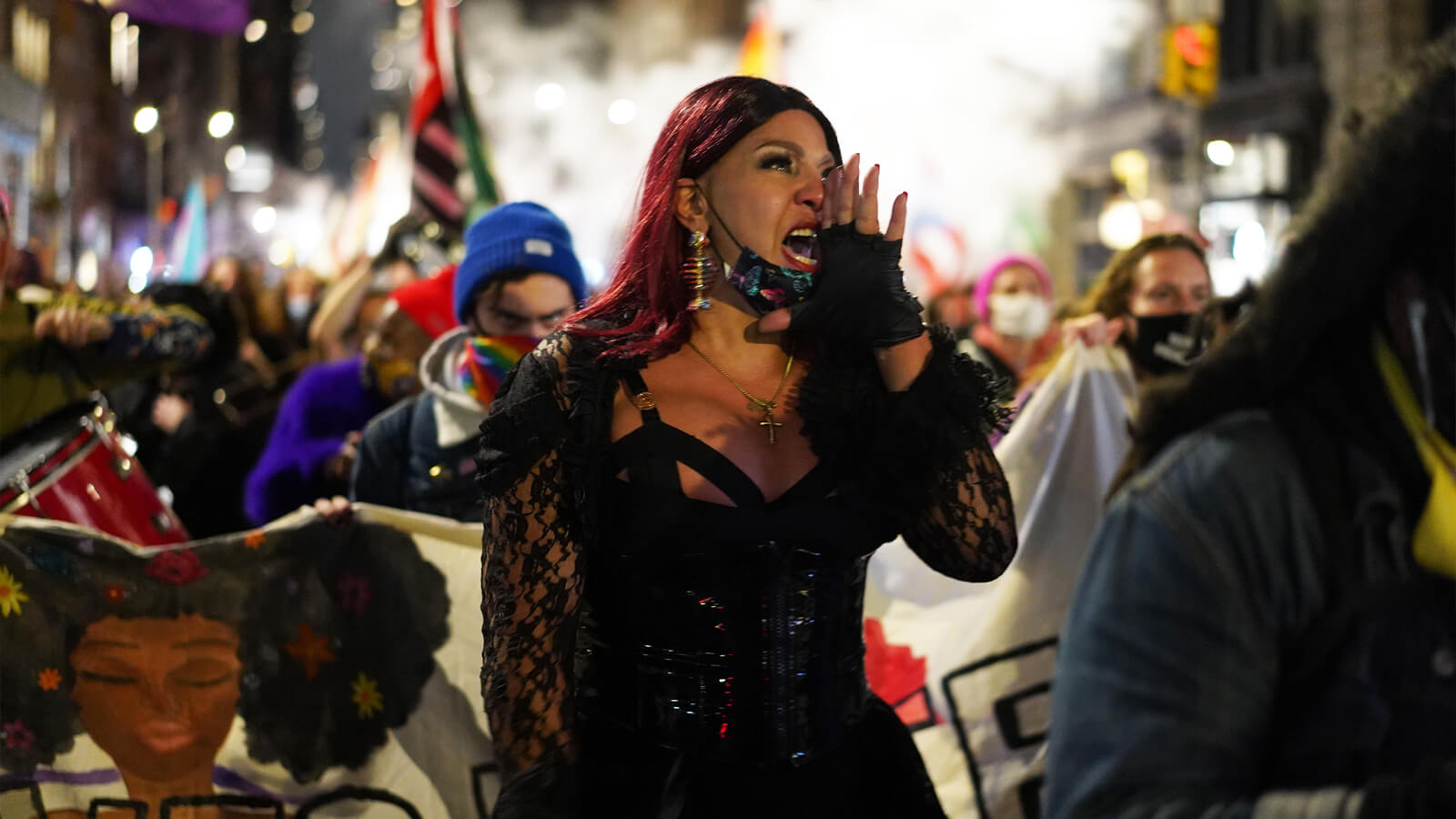Activist Yasmin Benoit On Challenging Stereotypes Around Asexuality
“At school, I was known as the weird, gothic Black girl obsessed with heavy metal. I’m also really into 19th-century Russian literature,” says Yasmin Benoit. These days, however, the UK-based Benoit is better known as an activist redefining – and celebrating – asexuality, a sexual orientation that involves experiencing little or no sexual attraction towards anyone, regardless of gender. Benoit is also aromantic, meaning she doesn’t experience romantic feelings.
Though she realised she was asexual at a young age, Benoit, a model, didn’t truly ‘come out’ until she was at university. “It wasn’t something I was that open about because people didn’t really believe me,” she says. Noticing there was a huge gap in the representation of asexual people, especially online, Benoit turned to activism. “I can’t really complain about there not being Black asexual representation if I’m over here with a platform and intentionally saying absolutely nothing,” she says.
Her crusade to challenge stereotypes around asexuality and aromanticism has led Benoit to collaborate with Stonewall, write for publications such as Vogue and give a talk at Oxford University. Her social media campaign #ThisIsWhatAsexualLooksLike not only shows that there’s no one asexual ‘look’, but it also puts a face to a community often disregarded from conversations around queerness and sexuality.
Still, when she posts her own photos online, the reactions highlight a common misconception about ace people (another term for asexual): that you can’t be sexy if you’re not sexual. “People will say, ‘Well if she’s asexual, why does she dress like that? Why does she model? She should make herself sexually unattractive,’” Benoit says. In many ways, growing up ‘weird’ with her unique style has helped Benoit deal with the abuse she receives daily. “My whole life I’ve had people telling me to dress differently, and I’ve never really done that. So what I’m doing now is pretty much just a continuation of that.”
The queerphobic abuse Benoit points to – combined with the sexist idea that a woman wearing lingerie must want to have sex (usually with a man) – is compounded by racism linked to a long history of over-sexualisation and fetishisation of Black women. “I could be wearing jeans and a T-shirt, and I’ll still get abuse,” she says. “They’ll say, ‘Well, her lips are inherently seductive, her face and body are inherently seductive.’ I’m like, So are you saying that the features I naturally have because I’m Black are inherently tempting to you?”
This layered ace-phobia is not confined to aesthetics. Benoit reveals she has also been called ‘mentally ill’ – a common response to asexuality (until 2013 it was considered a psychological disorder). She has also been told she must have a personality flaw, had a ‘bad sexual experience’, or been abused. “I regularly get called a psychopath and a narcissist,” she says. Still, while the way she looks continues to provoke hate for Benoit, what matters are the people she’s helping through her advocacy. “I have had a lot of people reach out to me about my work and say that they’re so happy about the kind of representation I’m bringing. For me, that’s the win.”
Molly Lipson is a freelance writer and social justice organiser. Her work has appeared in The New York Times, Rolling Stone and Vice




